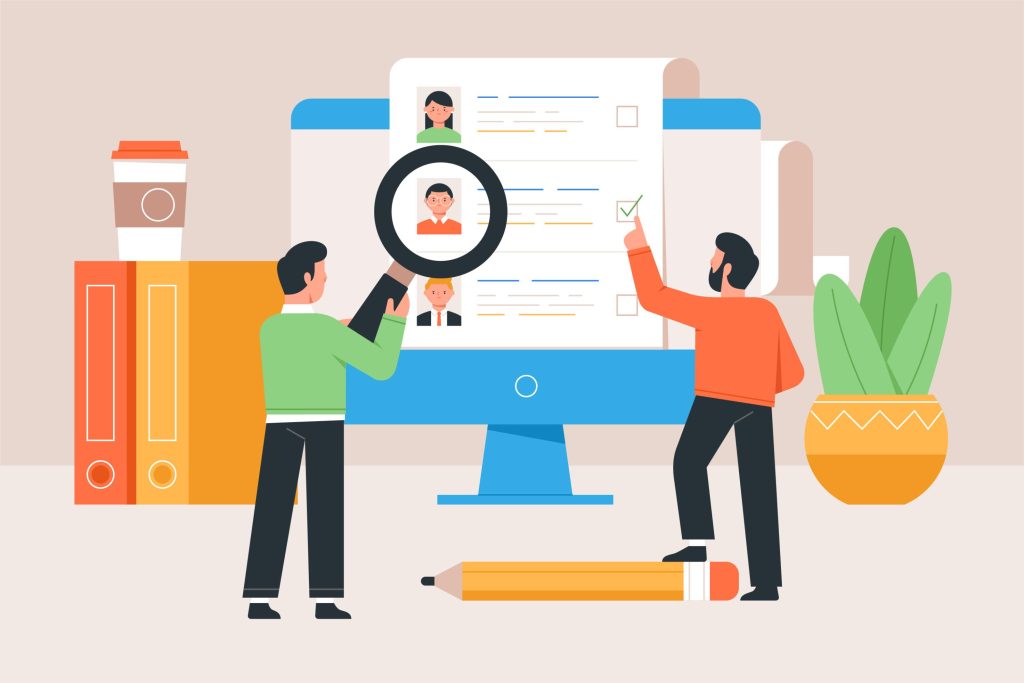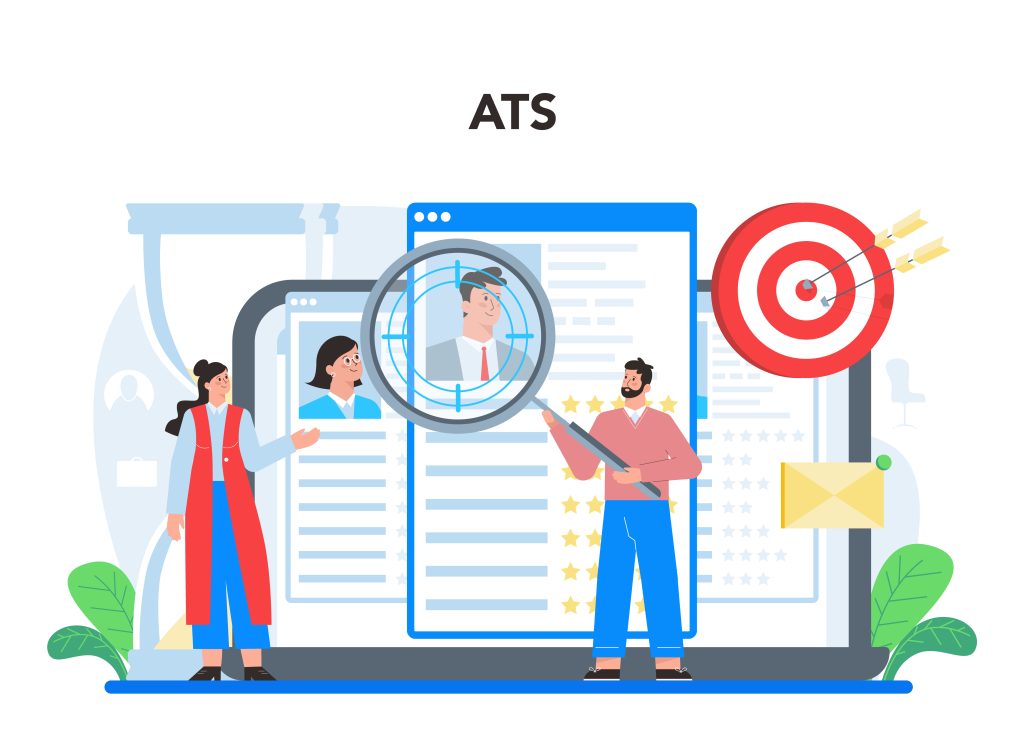Career self-assessment benefits are often overlooked, yet they play a vital role in shaping a successful professional journey.Choosing the right career path can be challenging, especially in a world filled with endless opportunities.
About Us>>> https://www.impacteers.com/home/skillassessment

Introduction
Many individuals find themselves stuck in jobs that do not align with their passions, strengths, or long-term goals. This is where career self-assessments come in. These tools help individuals understand their skills, interests, values, and personality traits, guiding them toward career paths that match their strengths and aspirations.
A career self-assessment is more than just a quiz—it’s a strategic tool for self-discovery and professional growth. It enables you to gain insights into your work preferences, ideal job roles, and industry fit, helping you make informed decisions about your future. In this blog, we’ll explore the importance of career self-assessments, their benefits, and how they contribute to long-term success.
Why career self-assessment benefits Truly Matter
1. Gain Clarity About Your Strengths and Weaknesses
Understanding what you excel at and what areas need improvement is crucial for career growth. Self-assessments help you identify your core competencies, allowing you to focus on developing the right skills for your chosen career.
2. Align Your Career with Your Interests
Many people enter careers based on external factors like salary, job security, or parental influence. However, job satisfaction often comes from pursuing work that aligns with your personal interests. Career assessments provide a clear picture of roles that resonate with your passions.
3. Discover Your Ideal Work Environment with career self-assessment benefits
Some individuals thrive in collaborative office settings, while others prefer independent or remote work. Career self-assessments help determine your preferred work environment, ensuring that you choose a career that supports your productivity and happiness.
4. Make Informed Career Decisions
Instead of making random career choices, self-assessments provide data-driven insights into your personality and job compatibility. This reduces the risk of job dissatisfaction and frequent career changes.
5. Enhance Career Satisfaction and Success
When your job aligns with your personality and strengths, you’re more likely to perform well, achieve success, and enjoy your work. A well-matched career leads to professional fulfillment and long-term growth.

Types of Career Self-Assessments
1. Personality-Based Assessments
These tests help determine how your personality traits influence your work preferences and interactions. Examples include:
- Myers-Briggs Type Indicator (MBTI) – Identifies personality types and work preferences.
- Big Five Personality Test – Measures openness, conscientiousness, extraversion, agreeableness, and neuroticism.
2. Skills and Strengths: Key to career self-assessment benefits
These evaluations highlight your technical and soft skills, helping you understand your strongest competencies. Examples include:
- CliftonStrengths Assessment – Identifies natural talents and strengths.
- Skills Matcher by O*NET – Matches your skills with suitable occupations.
3. Interest and Values Assessments
These assessments focus on what motivates and inspires you at work. Examples include:
- Holland Code (RIASEC) Test – Matches careers with your interests.
- Work Values Inventory – Helps you identify core values that should be present in your ideal job.
4. Aptitude and Cognitive Ability Tests
These tests evaluate problem-solving, analytical, and logical reasoning skills, providing insights into roles that fit your cognitive strengths. Examples include:
- Situational Judgment Tests (SJTs) – Assess decision-making skills.
- Numerical and Verbal Reasoning Tests – Measure problem-solving ability.
How to Use career self-assessment benefits Effectively for Maximum Benefits
1. Take Multiple Assessments
Relying on one test may not provide a complete picture of your career fit. Taking multiple assessments can offer a well-rounded understanding of your skills, interests, and personality traits.
2. Analyze the Results Thoughtfully
Don’t take the results at face value. Reflect on the findings and compare them with your real-life experiences to determine their accuracy and relevance.
3. Seek Guidance from Career Experts
Consulting a career coach or mentor can help you interpret assessment results and make informed decisions about your career path.
4. Use Career Self-Assessment Benefits to Set Clear Career Goals
Once you have insights into your strengths and interests, set short-term and long-term career goals that align with your findings.
5. Keep Evolving and Reassessing
Your interests and skills may change over time. Reassessing your career goals periodically ensures that you stay on the right path to success.

Conclusion: Why career self-assessment benefits Matter
Career self-assessments are powerful tools that help individuals gain clarity, align their careers with their strengths, and achieve long-term professional success. By understanding your unique qualities and preferences, you can make informed decisions that lead to job satisfaction, career growth, and personal fulfillment.
If you’re unsure about your career direction, start by taking a career self-assessment today on Impacteers. Our AI-driven career assessment provides deep insights into your strengths, ideal job roles, and potential career paths. Take charge of your future and find your true calling with Impacteers!
Visit Us >>> https://www.impacteers.com/



Post Comment